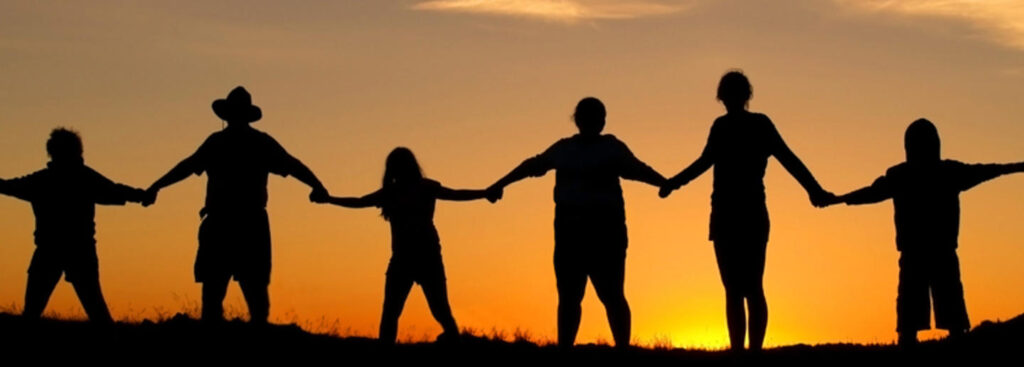Women have been exploited and mistreated throughout history and continue to face inhumane treatment in present-day society. Despite advancements in development, the persistence of prejudices and stereotypes, distorted religious and non-religious scriptures, and societal taboos surrounding menstruation and motherhood have resulted in women being denied basic rights and autonomy.
By Syed Mustafa Ahmad
The exploitation and mistreatment of women has been a longstanding issue throughout history and continue to persist in present-day society. Despite advancements in development and progress, women continue to face inhumane treatment and lack basic rights and autonomy.
One of the main reasons for this injustice is the prevalence of prejudices and stereotypes that have perpetuated the belief that women are inferior and not fit for societal roles. This mentality has resulted in women being denied a voice and agency in decision-making and being relegated to subservient positions.
Religious and non-religious scriptures have also been distorted and used to justify the subjugation of women, presenting it as a necessary duty for maintaining societal order. This is a flawed and oppressive mindset that goes against the principles of equality and justice.
Women are still being treated inhumanely. Today, we have reached the pinnacles of development, but something is missing that should have given women the due that they are entitled to. There are various reasons for this unjustified injustice.
Another factor that contributes to the marginalization of women is the taboo surrounding menstruation and the expectation that women’s primary role is to bear children. Menstruation is stigmatized and viewed as shameful, and women are often reduced to the status of baby-making machines.
To address these issues, it is crucial to challenge and dismantle prejudices and stereotypes, reinterpret religious and non-religious scriptures with a focus on equality, and shift societal attitudes toward menstruation and motherhood. Additionally, it is important for society to have open and honest conversations about important issues such as sexual orientation and gender identity and for legal issues to be widely discussed and addressed.

However, in recent years, there have been notable efforts and movements aimed at addressing and combating these issues. The #MeToo movement, for example, has brought attention to the widespread issue of sexual harassment and assault against women and sparked important conversations and calls for change. Similarly, the Women’s March and other feminist movements have advocated for women’s rights and equality, bringing attention to the ongoing injustices women face.
Additionally, various legal and policy changes have addressed and prevented gender-based discrimination and violence. The passing of laws such as the Violence Against Women Act and the Paycheck Fairness Act in the United States, as well as similar legislation in other countries, have helped to provide protections and resources for women and promote gender equality in the workplace and society.
In the past and present, women have been exploited in one way or another. They have been treated inhumanely at every step. Their presence was a source of shame. They were no better than an animal. We can blame them for not being civilized. But at present, nothing much has changed.
It is important to note, however, that while these efforts and movements have brought about important progress, much work still needs to be done to fully address and eliminate women’s exploitation and mistreatment. It is crucial for society to continue to recognize and address these issues and to take meaningful action to ensure that women are treated with dignity and respect and are given the rights and opportunities they deserve.
As a society, we must recognize that combating the exploitation and mistreatment of women is not only a moral imperative but also essential for the overall health and well-being of our communities and society as a whole. By challenging and dismantling oppressive systems and prejudices and working towards true gender equality, we can create a better, more just world for women and all individuals.

Leave a Reply